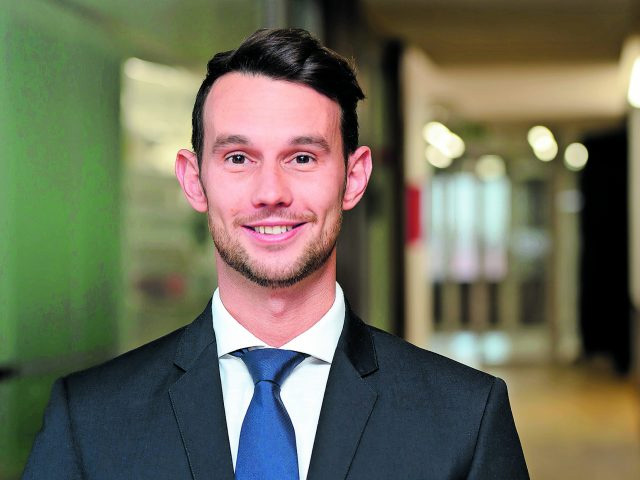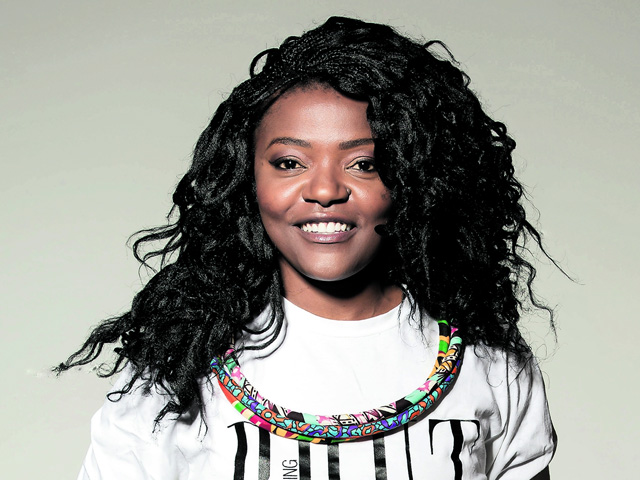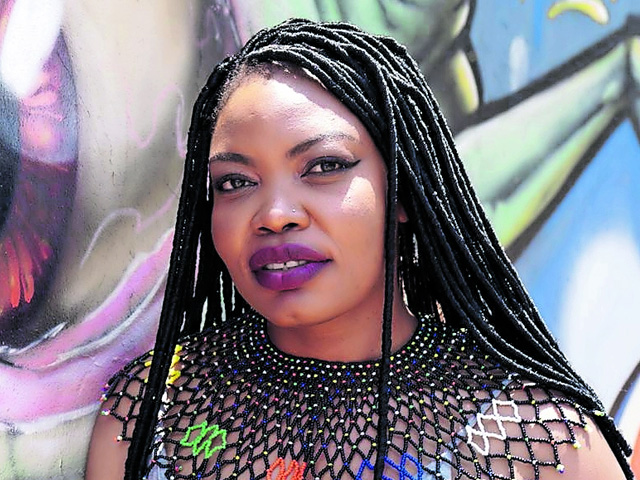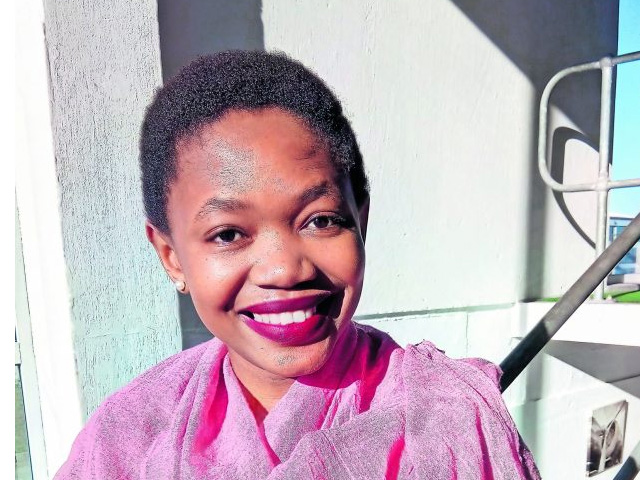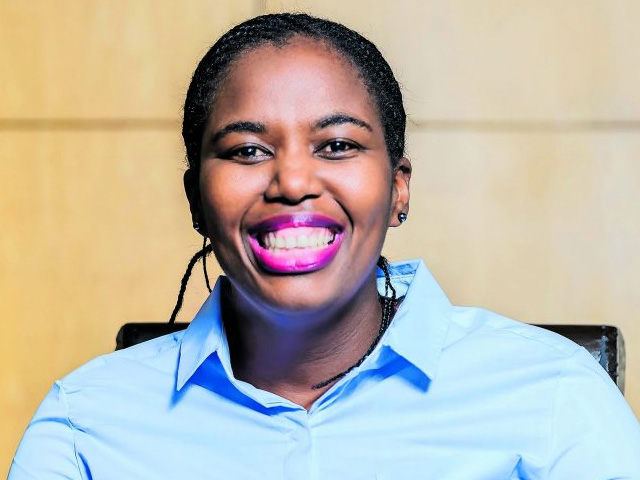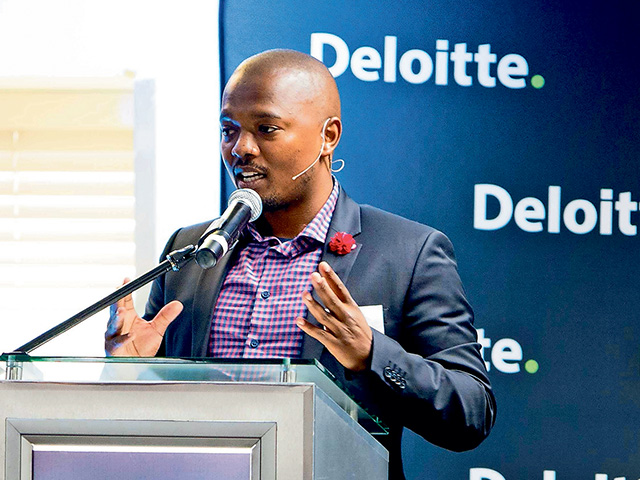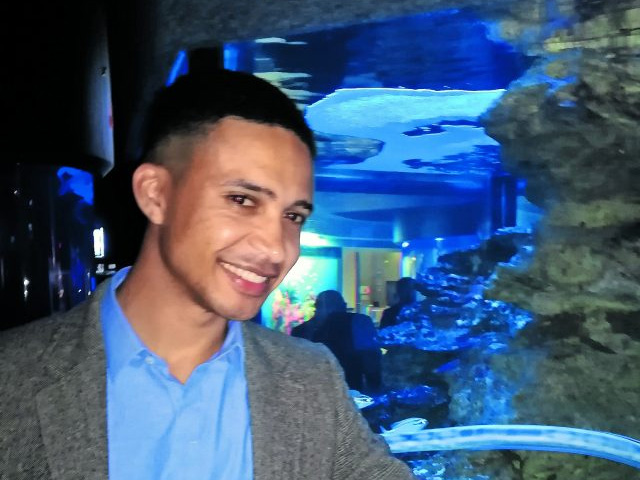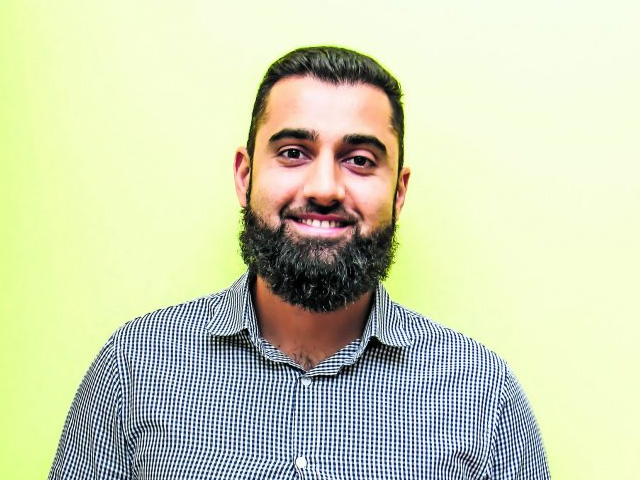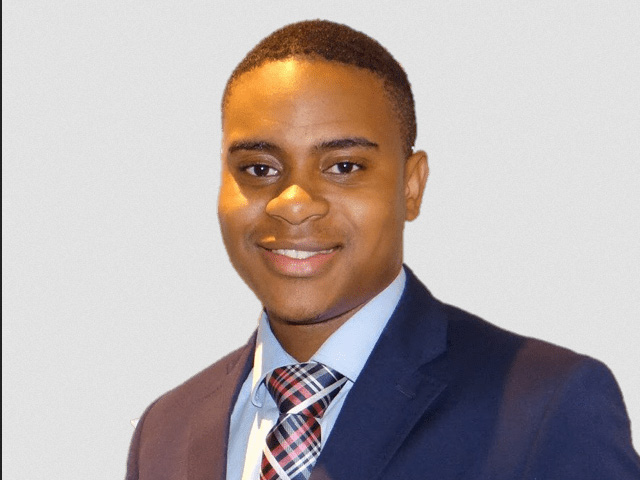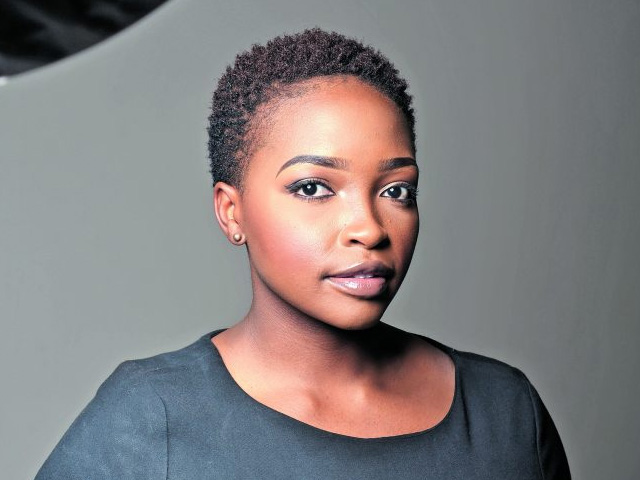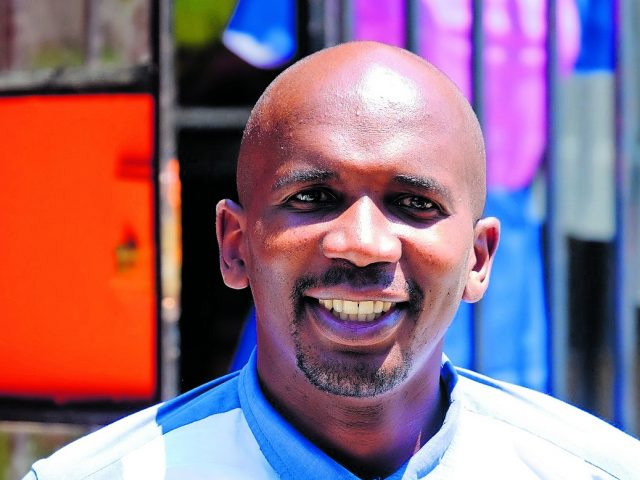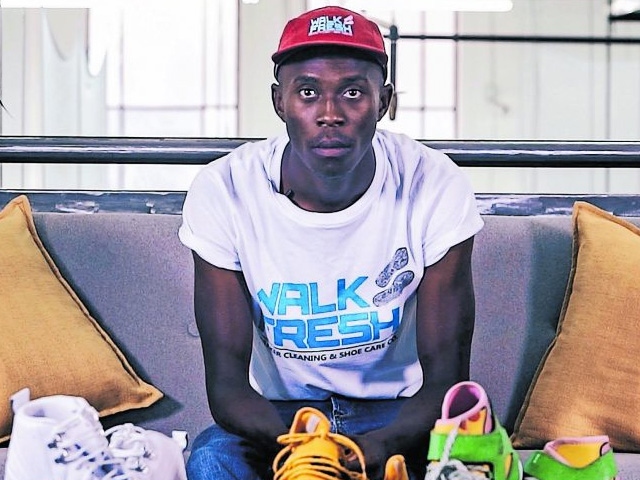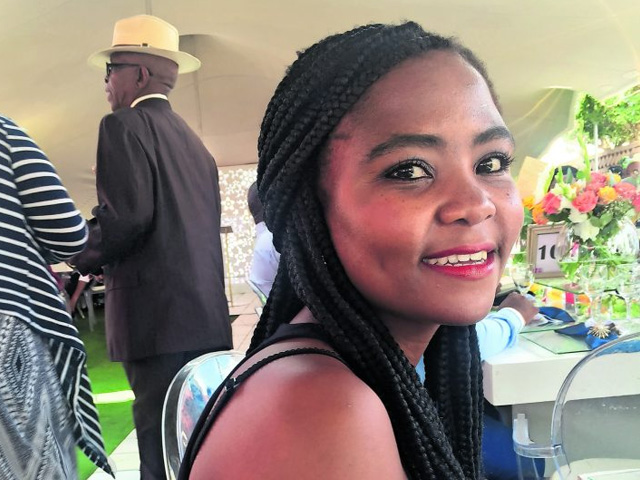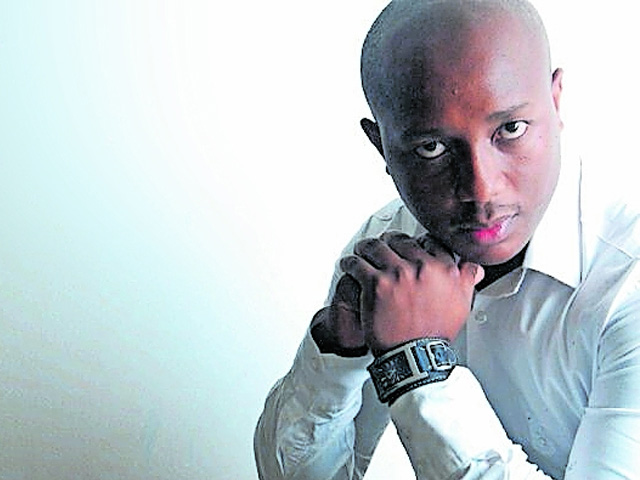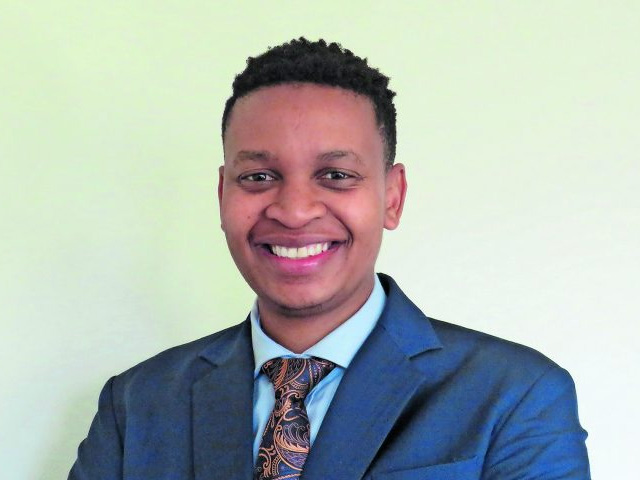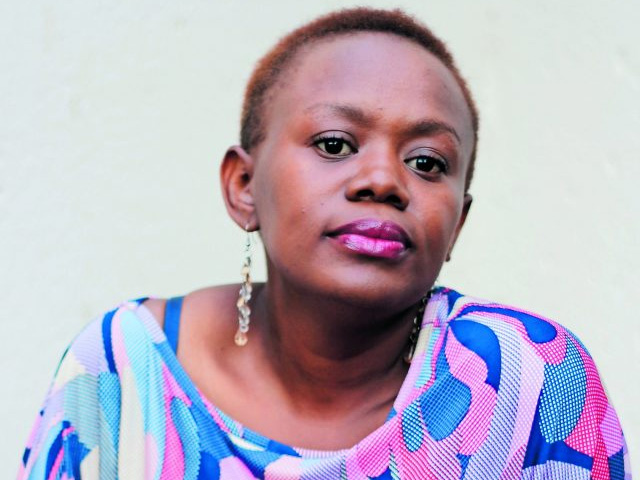Matthew Butler-Adam has always had a bias towards broadness. Being the child of teachers meant exposure to a solid work ethic from a young age and that influenced his determination to do well in his own studies, because he wanted to impress his parents.
He credits the Politics, Philosophy and Economics degree he did at the University of Cape Town with giving him the necessary grounding to think about resources, power and politics in a thoughtful and informed way, while also honing his passion for debating.
After UCT Butler-Adam went on to complete master’s degrees at Oxford and Harvard universities.
“Oxford was a very strong academic environment; my peers and I found ourselves grappling with challenging topics within and beyond the classroom, and it was something that was natural to us as opposed to being geeky behaviour. My Harvard experience, on the other hand, despite being academically rigorous, was more professionalised. Here I learned about soft skills and networking — the types of skills that are important but aren’t necessarily taught in the classroom.”
Today Butler-Adam is a management consultant at a leading firm, working on variety of projects in South Africa, Zambia and Botswana. One of his most memorable projects includes being part of a team that reworked the HR systems of an organisation with the aim of making the employee wellness experience more central to how the organisation conducts business.
For him, good management consulting is about being able to tie one’s personal motivation with positive societal growth.
“This means putting away short-term goals and gains in favour of the sustainability of the business, so that 20 years from now you can look back at the work that you did and be assured that it was beneficial to those that needed it … it’s not an easy balance, but value creation is crucial.”
Butler-Adam feels that that as South Africans, optimism about the future we want must be balanced by the necessary scepticism and vigilance required to hold people to account, both privately and publicly.
“We have the fundamentals in place, but there must be a constant questioning of what equal opportunity means, for instance, especially because privilege is not always easily identifiable. We must be willing to have the hard conversations.” — Nomonde Ndwalaza
